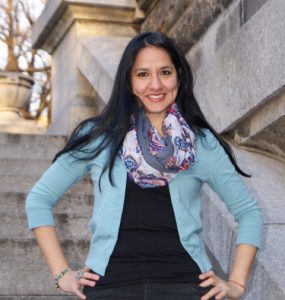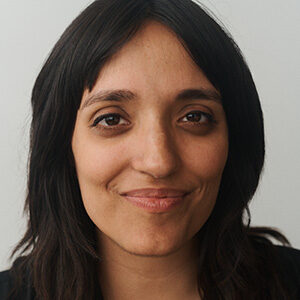Social Work and Diversity Program (SWD)
Ackerman Institute for the Family partners with the Silberman School of Social Work at Hunter College, the NYU Silver School of Social Work, and the Columbia School of Social Work to provide graduating BIPOC students an opportunity to train in couple and family therapy. Established in 1992 by Sippio Small, Laurie Kaplan, and Ruth Mohr to increase the number of BIPOC therapists skilled in the practice of couple and family therapy, Ackerman’s SWD program is a field placement for social work master’s students’ required practicum. Two students from each of the three partnering schools are selected to participate in Ackerman’s one-year Dual program, consisting of the Foundation of Family Therapy and Live Clinical Supervision courses. Upon completion of the one-year Dual program, SWD students are eligible to apply to further postgraduate training in the Core Curriculum Program in Couple and Family Therapy (i.e., Live Clinical or Clinical Externship) at 50% tuition reduction.*

Faculty of the Social Work & Diversity Program
The SWD discount for the Clinical Externship can be claimed for up to 2 academic years from the student's SWD program completion date.
Support the Social Work and Diversity Program
We welcome your gift to ensure the Social Work and Diversity program remains vital and strong for years to come. Your donation will support all aspects of the program, including full scholarships for six students each year through the Arthur Maslow Scholarship Fund.

